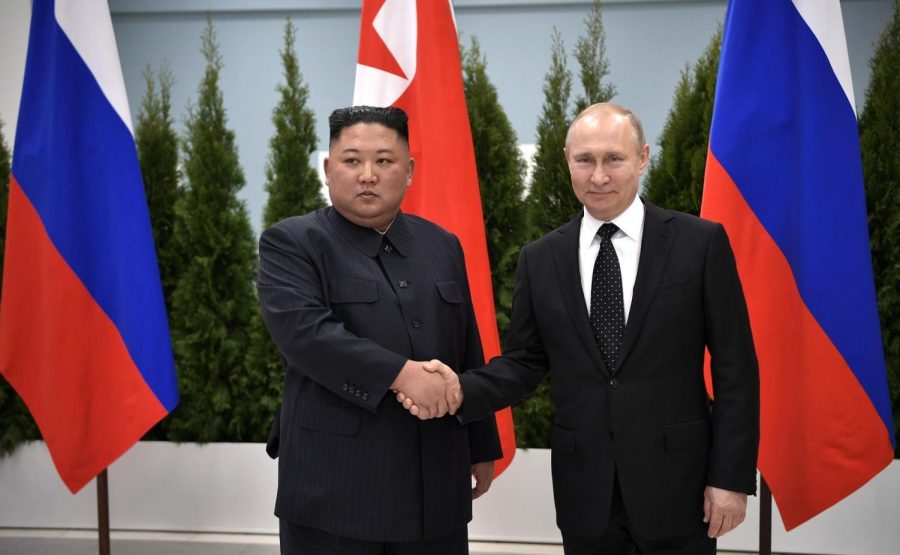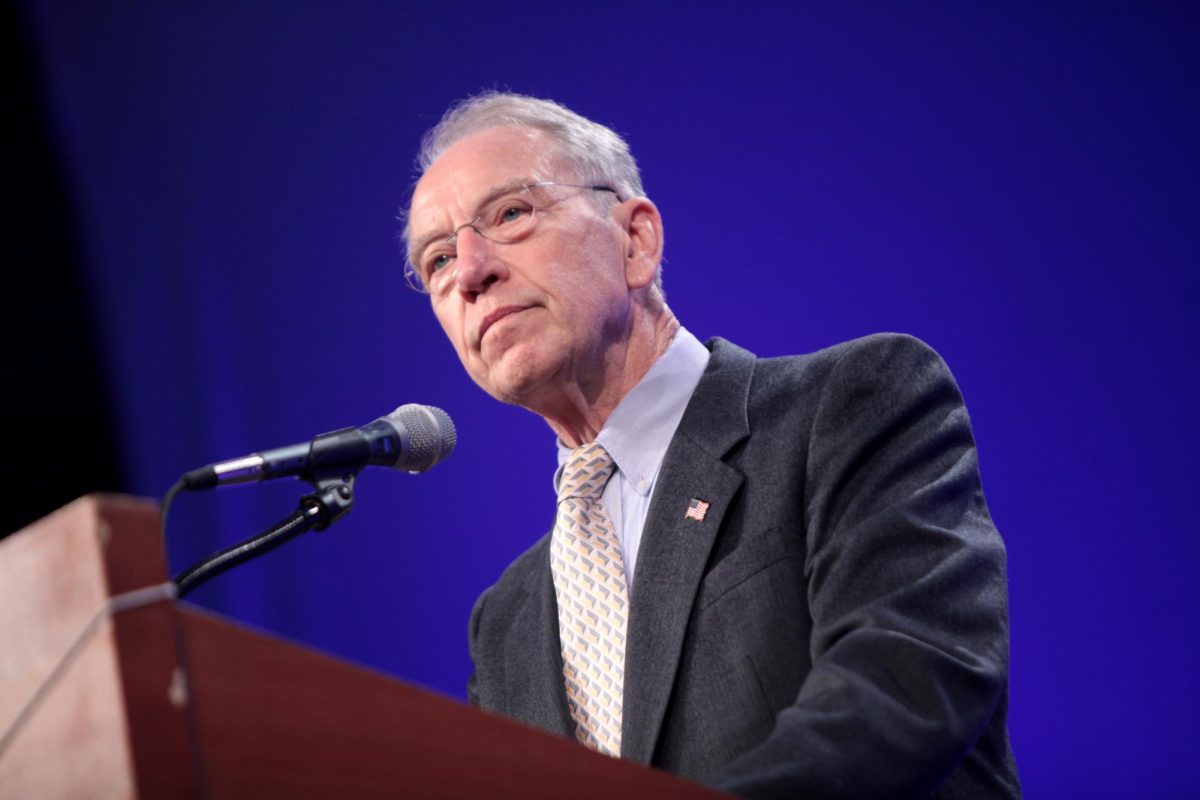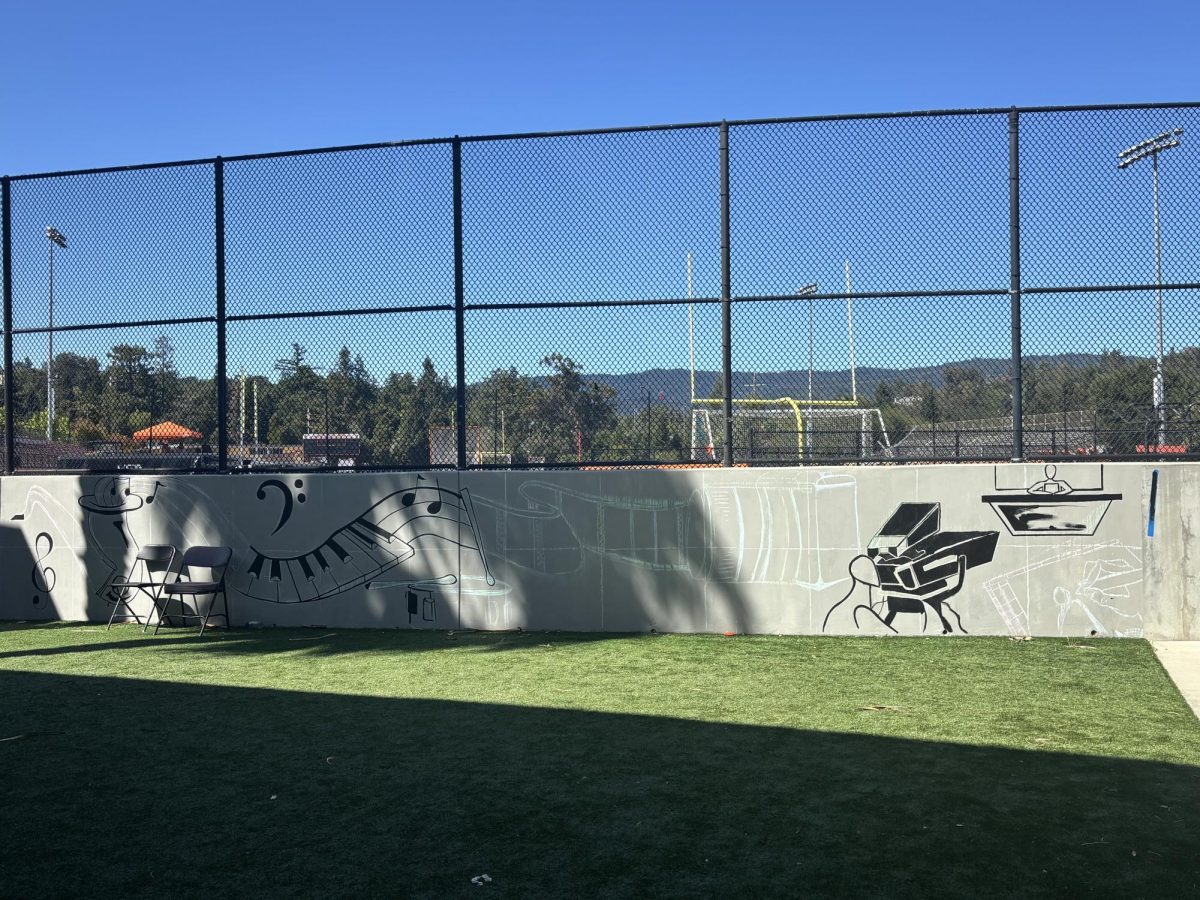North Korean Leader Kim Jong Un met with Russian President Putin in Vladivostok on April 25th, marking Russia’s entrance into the heated discussion over the state’s nuclear weapons program.
North Korea’s nuclear arsenal has been a controversial subject ever since the hermit kingdom detonated their first test back in 2006. While previous American administrations retaliated with sanctions and military buildup, President Trump has tried a different tactic: attempting to achieve denuclearization — the complete removal of North Korean nuclear weapons — peacefully. Early talks showed promise, but little progress was made in the most recent talks in Hanoi in February 2019. The Russian Federation, which until now was neutral on the topic, has now begun separate talks with the North on April 25th.
There are a variety of reasons for Russia’s sudden entrance into the southeast Asian stage, one of which could be an attempt to re-assert the influence they had as the Soviet Union.
“Russia’s traditionally had close relations with the North, going all the way back to the Korean War,” asserted Professor Michael Stanford, a history professor at Cañada College. “Russia’s absence from North Korean affairs in the past twenty years was an anomaly caused by Russia’s focus on other affairs after the collapse of the Soviet Union. This is them now trying to reclaim some of their past influence and importance.”
Others point out how America has traditionally lead discussion with, and reaction to, North Korea.
“Russia’s a major power,” said Sasha Kostyliev, a local Russian-American citizen. “We’ve got the forth-largest economy in terms of purchasing power. We have the same right as America to discuss with North Korea – more, given that they border us, and not America.”
Furthermore, post-Soviet Russia has traditionally meddled in the affairs of neighboring nations in order to secure an advantage.
Mark Schmidt, a local resident, thinks otherwise. “The Russians have a history now of interfering in other nation’s affairs, from Chechnya and Georgia to Ukraine and the Baltic,” Schmidt declared. “Now they’re butting in with Korea, trying to prove that they’re still relevant on a world stage that’s increasingly ditching them for China.”
However, Russia’s actual aims in the talks are much simpler than the possible causes for said talks.
“Russia’s actual aims in the talks are pretty simple — they want North Korea to stop growth of its nuclear program, rather than wanting it gone completely, like America,” Stanford claimed. “Their primary aim is primarily to feel important and reclaim the prestige and power of the Soviets, but besides that, they just want Korea to freeze procurement [of nuclear weapons].”
Russia, despite playing a key role in North Korea’s acquisition of ballistic missiles through the sales of SS-1 “Scud” ballistic missiles, also wishes to limit the ability of their neighbor to launch nuclear weapons.
“We do not want North Korea to have nukes, any more than America wants Castro to have nukes,” Ms. Kostyliev said. “It is a dagger aimed at the heart of Russia.”












